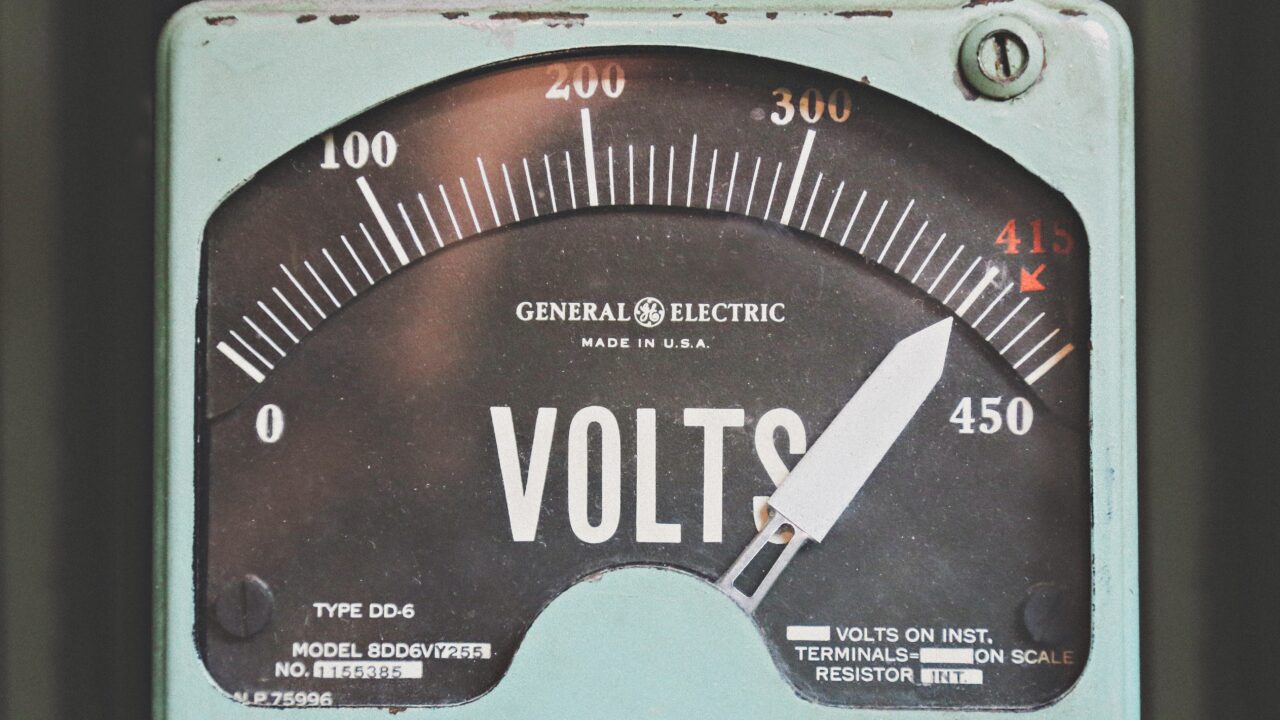Eurostat, The Statistical Office of the European Union, has published an important study on electricity consumption in private homes. The data confirm that in 2021, the year following the lockdown caused by Covid, consumption increased by 6%.
Especially, households accounted for 27 % of final energy consumption in the EU. Most of the EU’s final energy consumption in households was covered by natural gas (33.5%) and electricity (24.6%). Renewables accounted for 21.2%, followed by oil and petroleum products (9.5%) and derived heat (8.6%). A small proportion (2.5%) was still covered by coal products (solid fossil fuels).
Compared with 2020, in 2021 the energy consumption among EU households increased by 5.5% to a total value of almost 11.0 million Terajoules, with the shares of natural gas (+1.8 percentage points (pp)), renewables (+0.9 pp) and derived heat (+0.4 pp) in the final consumption of households increasing. On the other hand, the share of oil and petroleum products decreased more notably (-2.8 pp), with electricity and solid fossil fuels on the same path (-0.2 pp each).
In the EU, the main use of energy by households is for heating homes (64.4% of final energy consumption in the residential sector), followed by water heating (14.5%).
Electricity used for lighting and most electrical appliances represents 13.6% (this excludes the use of electricity for powering the main heating, cooling, or cooking systems).
Primary cooking devices require 6.0% of the energy used by households, while other end-uses and space cooling cover 1.1% and 0.5%, respectively. The heating of space and water consequently represents 78.9% of the final energy consumed by households, indicating an increase of 1.0 pp compared with 2020.
Looking at 2020, in 2021 the consumption in all the six end-uses mentioned above was up, but more clearly in terms of space cooling (+10%) and space heating (+7%). The general category “other uses” also saw an increase of 17%.
The current and future trend foresees a gradual but constant increase in private electricity consumption that cannot be compensated only with photovoltaics, but alternative energy production systems are needed.
This is why MIEEG’s mission is to develop an innovative and sustainable energy generator, an alternative to current electrical storage systems, such as batteries. Nowadays, even the most advanced batteries are characterized by low energy density [kWh/kg] leading to large size, high weight and inefficient systems. Compared to mechanical systems, electrical systems, therefore, show limitations in terms of endurance, readiness, height and weight.
MIEEG’s innovative energy generator is characterized by miniaturized dimensions, high performance (high efficiency and high power) and, overall, green propellants like methane and hydrogen, from wastewater or rainwater. With a combustion efficiency of 90%, despite its miniaturized dimension, this energy generator can be integrated with systems that use renewable sources, like solar or wind, to raise the related annual capacity factor (ACF). For this reason, MIEEG Energy Generator can provide energy to houses using water, including wastewater or rainwater, to obtain new energy-independent housing concepts.


